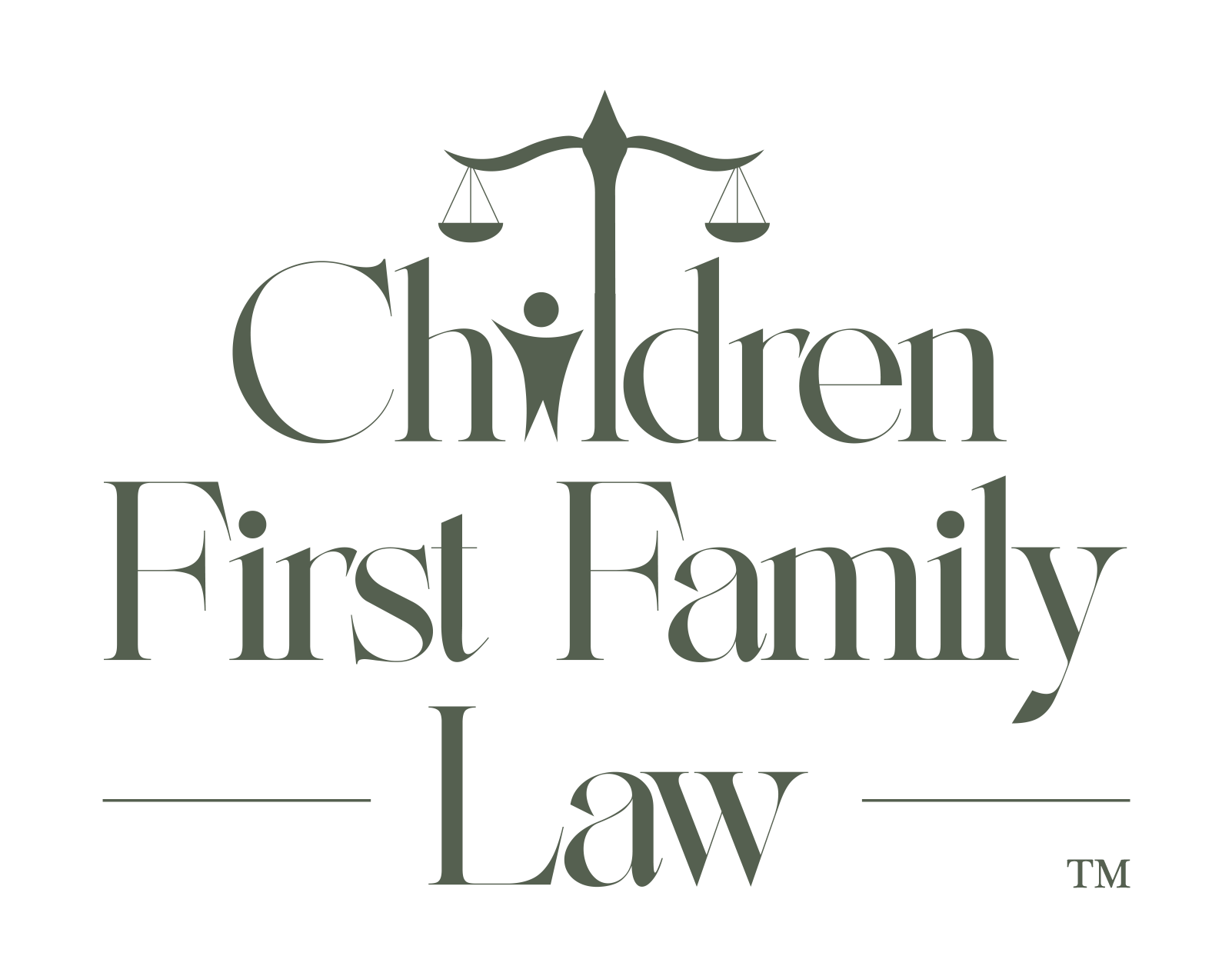Resolving disputes is a skill, and those who excel at it have a unique ability to guide both parties toward a fair and workable solution. In this episode of Children First Family Law, Krista welcomes the Honorable Michael E. Hegarty, a retired federal judge from the U.S. District Court for the District of Colorado. With 19 years on the bench and more than 1,400 settlement conferences under his belt, Judge Hegarty has tremendous experience in alternative dispute resolution (ADR). Now working with JAMS, the world’s largest private dispute resolution provider, he continues to help parties reach agreements outside the courtroom.
During their conversation, Krista and Judge Hegarty discuss his path through the legal field, from working at an international law firm to leading the civil division at the U.S. Attorney’s office and eventually becoming a federal magistrate judge. Krista, who began her legal career as Judge Hegarty’s law clerk, reflects on the lessons she learned from him about the art of mediation and conflict resolution. Judge Hegarty shares why ADR is so effective, especially in family law, where ongoing relationships require careful handling. They explore real-life cases where settlements led to solutions that wouldn’t have been possible in court and discuss attorneys’ responsibility in advocating for resolutions that benefit families. Judge Hegarty also opens up about balancing his faith with his role in upholding the law.
Krista and Judge Hegarty further explore:
- U.S. district judges are appointed for life and oversee criminal and civil cases, including jury trials. U.S. magistrate judges, like Judge Hegarty, are appointed for a renewable term and handle settlement conferences, pretrial motions, and some trials when both parties consent, making them key players in resolving disputes before they reach trial.
- Judge Hegarty attributes his success in ADR (alternative dispute resolution) to relational attunement—taking time to understand the people involved, their needs, and their motivations.
- ADR allows families to maintain control over their futures instead of leaving decisions in the hands of a judge.
- Unlike court rulings, mediated agreements allow for creative, non-monetary resolutions—such as apologies or commitments to better communication. When people feel heard and validated, they are more likely to comply with agreements, leading to better long-term outcomes.
- Since divorced parents must continue co-parenting, an adversarial court battle often worsens the situation. ADR provides a structured, less combative way to resolve conflicts, ensuring that parents can work together for the benefit of their children.
- Attorneys should not just push for the most aggressive strategy but instead guide clients toward fair and practical resolutions.
Judge Hegarty is a master of conflict resolution, and his strategies for helping both sides win a positive outcome can help families achieve co-parenting solutions that benefit everyone.
If you want to learn more about The Children First Family Law Podcast, check out www.childrenfirstfamilylaw.com/settling-for-success-resolving-disputes-with-wisdom-from-the-honorable-michael-hegarty.
